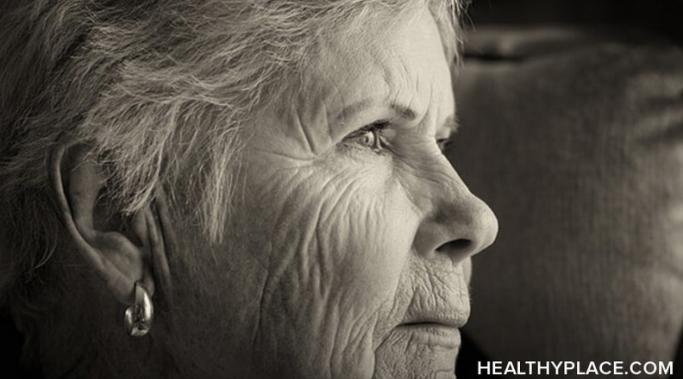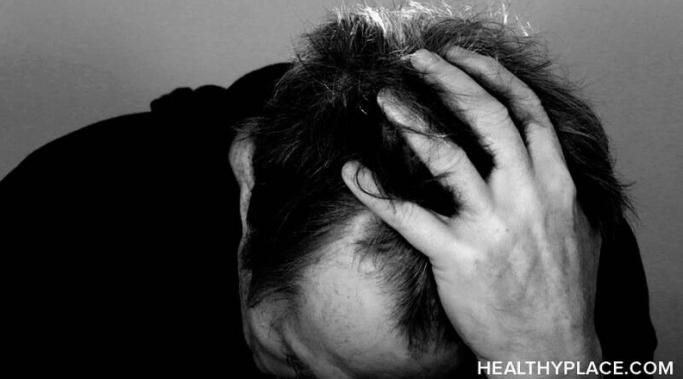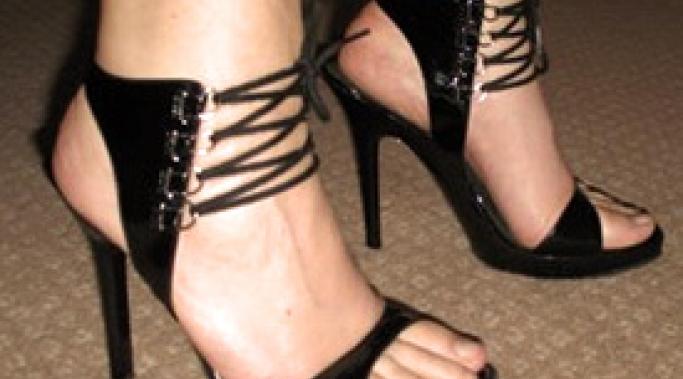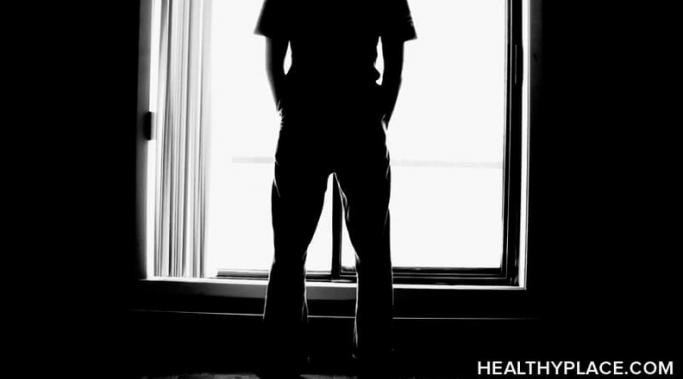One night in 2007, I started a new antipsychotic. It was to be taken at dinner time. I did as told and took it at the universal dinner time of 6 pm.
By 7 pm, I had mostly lost touch with reality. I was suddenly so tired that my eyes wouldn’t open but I was far too anxious, scared and twitchy to go to sleep. I felt incredibly ill. I was frantic, terrified and panicked. I was thrashing in a sharp, steel cage between sleep and wake with no way out. I cannot express to you the horror of that night.
Bipolar medication side effects suck.
Depression – Breaking Bipolar
Bipolar disorder, by its very nature, is not routine. People become manic unexpectedly and people get depressed unexpectedly. And during depression or mania, people become even more erratic in all areas of their lives.
So if bipolar disorder exists outside of a routine, what would happen if routine were applied to bipolar disorder?
I feel, sometimes, that I am at war with the mentally-well world. This isn’t to say that many of them aren’t lovely or that I have a desire to harm anyone, but I do feel embroiled. And it’s mostly because the well population just doesn’t understand what it is to be unwell. They demonstrate this heartily by repeatedly saying the worst things possible to a person with a mental illness.
The concept that people need to be grateful for the good things in life has been around probably forever. It’s a form of positivity. Rather than being upset you don’t have the Ferrari the guy next door has, be grateful that you have a Volvo in which to take your kids to school. Seems reasonable enough.
And the movement of gratitude leading to emotional wellness really hit its stride when Oprah started promoting the “gratitude journal”. Basically you write down what you’re grateful for every day and then, “you'll become a deliberate attractor of positive vibrations”. In Oprah’s case, I’m guessing that’s one really fat journal, and apparently lots of vibrations.
But gratitude has no bearing on how depressed I am.
Bipolar disorder is episodic. This means that a person with bipolar disorder will experience episodes of depression and mania (or hypomania). And even when a person is relatively stable, thanks to successful bipolar treatment or just plain luck, it is likely they will still experience a depressive episode at some point in the future.
But how do you know if you’re heading into a depression?
I’ve been in treatment for over a decade now and in that time I’ve had more than my share of doctors. Some doctors have been awful, but some have been great and at the top of their field. And when a doctor at the top of their field sees a treatment-resistant bipolar, they have some treatment options that your average doctor might not think of.
I can feel suicide flicking at the edges of my consciousness.
This morning I woke up wanting to die. Before my eyelids fluttered and my logic circuits sparked I knew it was going to be a horrible day.
We all take part in the game of denial. Humans need denial to exist. We can’t think about our inevitable death, the fact that we are aging, or that our marriage may end in divorce and expect to care about jobs, mortgage payments and the obvious importance of Jimmy Choos. We know unpleasant possibilities and inevitabilities are true, but on a daily basis we deny them. We need to. Denial produces a workable life.
What gets under my skin though, is the fact people expect me to deny my bipolar disorder, my experiences with it, and its effects – mostly just to make them feel better.
Once you’re on a magical medication cocktail, see doctors regularly, have done years of talk therapy, cognitive behavioral therapy (CBT), dialectical behavioral therapy (DBT), tried shock therapy (ECT), exercise, have social contacts, a support network, a support group, eat well, tried light therapy, dark therapy, and a series of awful tasting herbs and you find yourself still unwell; the question must be asked:
If I’m doing everything right, why am I still sick?
When I was a kid, show and tell created the most memorable moments in school. Not the tell part. The tell was boring. We heard about Betty going to a “real, real fun zoo” and Bobby getting a new bike; this information made us shift in our seats, roll our eyes, and make funny faces at whoever was talking. But the showing, now that was great. We got to touch a slimy frog, hear Cathy scream as a budgie landed in her hair and be frightened as a snake’s tongue lashed out in front of us. Showing was where the action was.
But with mental illness, it’s never the show that people want, only the tell. People are frightened by, and run from, the show.






